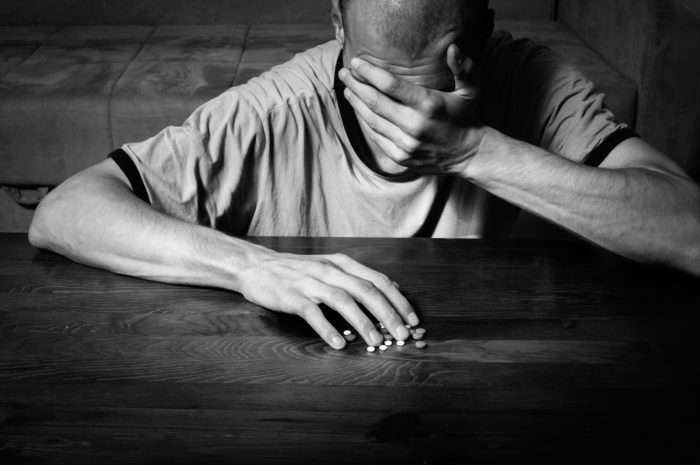Understanding the Problem
While gambling is a fun activity for some who only do this about once a month or less, it is usually done as part of a night out with the family. For others, gambling has turned into compulsive behavior, even an addiction, with the hope of money gained at the end of it. In the United States, gambling is a $40 billion industry with people who put gambling at the center of their universe. If you are a gambling addict, you need to learn how to stop gambling right away.

While this compulsion to gamble continuously is considered an addiction, unlike drug and alcohol addictions, your body does not go through withdrawal symptoms, although your wallet changes. But your mind does change, due to habitual repetitive impulses. This type of addiction, the need to go gamble every night, is called a process addiction.
Process addictions are any type of activity that becomes a compulsion through habitual repetition in behavior or actions. The dangers of process addiction cover both bad and good activities. Even actions like exercising can become an addiction, although this is considered a healthy activity, unlike gambling which has negative outcomes. Both activities release endorphins which feel good, physically, make you happy, or satisfy a need. When overdone, like smoking, drinking, or exercising too much, can have negative outcomes.
Here are a few of the process addictions that can occur:
- Eating addictions (may lead to bulimia or anorexia),
- Sex addiction,
- Exercise addiction (pushing yourself beyond your physical limits),
- Gaming (video and online),
- Any extreme activities involving adrenaline rushes (sky diving, bungee jumping, fight-or-flight situations, etc.).
Like anything else, too much of a good thing can be considered just as destructive (in one form or another) as addictions to drugs or alcohol.
Voluntary Self Exclusion
Research shows that not enough people (between 80 to 90 percent) with gambling addictions take advantage of checking into a treatment program at a rehab center. Only 10 to 20 percent ever seek treatment through a rehab center, with the rest preferring to handle their addiction themselves.
However, there is a program available, in partnership with gambling websites and physical casinos nationwide, that offers gamblers with addiction issues to sign up and voluntarily exclude themselves from any gambling venues. The program can be accessed in person or online, which makes it easier to complete rather than waiting for an appointment.
The program is called Voluntary Self Exclusion (VSE) and each state has its own website for people to voluntarily sign up. According to the research study (N=143), most gamblers engaged in the VSE were middle-aged Caucasians ages 36 to 55 years old.
Most of these respondents had gambled between seven to 17 years before entering the program. Older VSE participants (56 to 79 years old) had been gambling for much longer. Most of the study’s respondents chose to self-exclude because they wanted to regain control, needed some help, and had reached ‘rock bottom.’
California has its own program which you can visit here to find out more and to access the registration link. The program is administered by the state’s attorney general webpage which provides an overview of the program. Of note, after signing up to self-exclude, should you enter a facility in California, you may be removed from the premises if you are discovered. Furthermore, if not discovered and you gain winnings (or lose and owe money), the money is collected and turned over to the Department of Alcohol and Drug Programs.
Joining a Support Group
The first step is to recognize you have a gambling problem. Consider going to a rehab center to speak with a counselor about what kind of treatment you can get, including any support group for gamblers the center has.
A support group provides valuable assistance when you feel lost, and you need to be around other people who understand what you are going through. Companionship is vital to helping you succeed in recovering from your gambling addiction. Not everyone wants to tell loved ones they have a gambling problem because of the stigma associated with gambling. When you have your support group, you can call someone who understands, if you feel you are slipping.
Avoiding Temptation and Getting Professional Help
Entering a treatment program to help you remove your gambling addiction is one of the best steps you can take toward recovery. It is important that you receive mental therapy connected with your addiction which will help you reduce cravings or the need to gamble uncontrollably. You learn skills on how to avoid your triggers which can stop you from recovering. San Diego rehabilitation centers, such as our Pacific Bay Recovery Center, provide behavioral therapy to get you past your initials days and weeks after you stop gambling.

We, at Pacific Bay Recovery, can help you with any substance addiction and/or mental issue you might have so you can regain a happy and functional lifestyle again. Call us for a free consultation and to set up an appointment to start getting help as soon as possible. 619-350-8220.


